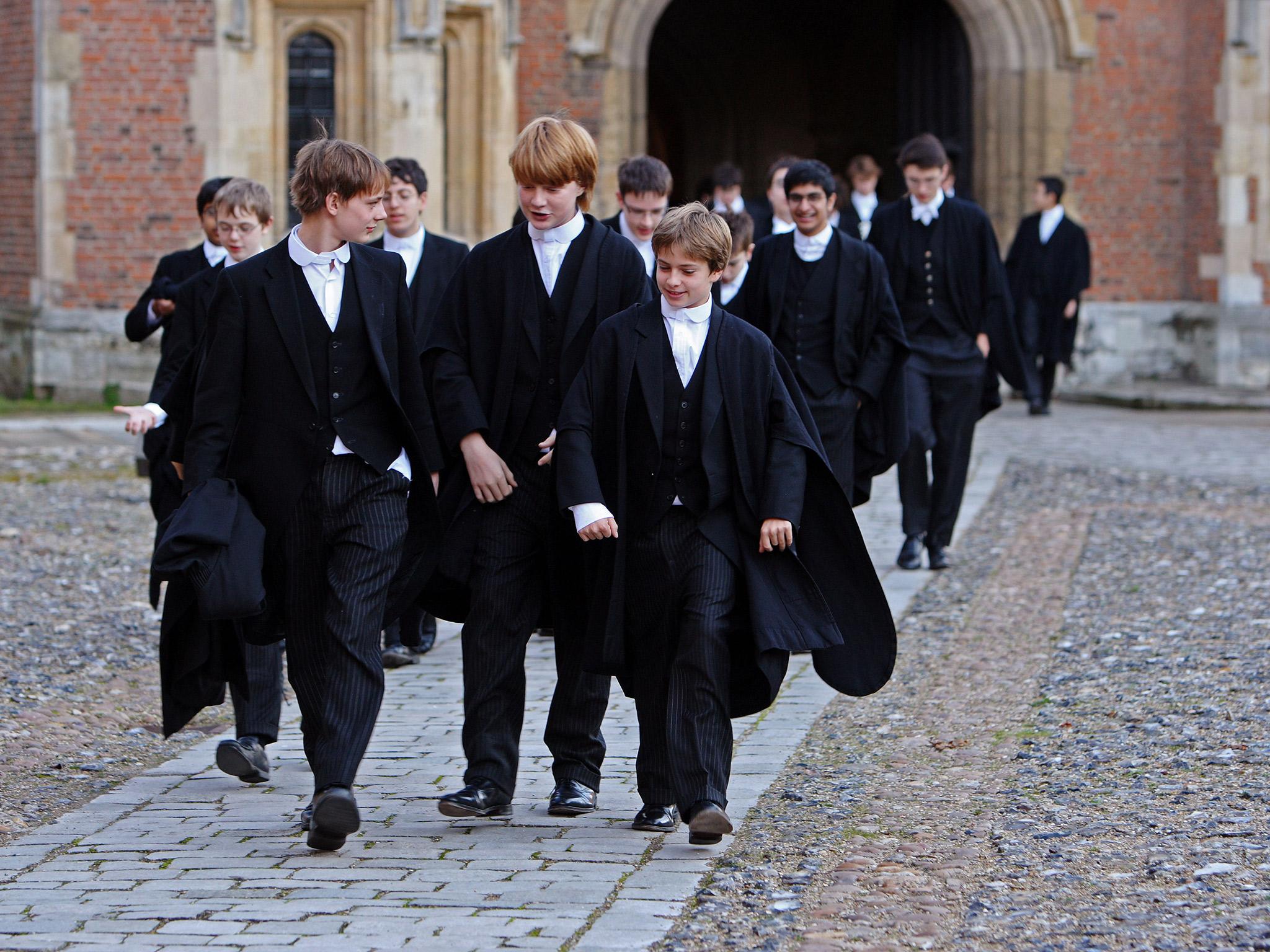Plan to give private schools huge taxpayer subsidy to accept less privileged students sparks backlash
Former Education Secretary Estelle Morris warns it will damage state schools because it will ‘skim off the brightest children’

Your support helps us to tell the story
From reproductive rights to climate change to Big Tech, The Independent is on the ground when the story is developing. Whether it's investigating the financials of Elon Musk's pro-Trump PAC or producing our latest documentary, 'The A Word', which shines a light on the American women fighting for reproductive rights, we know how important it is to parse out the facts from the messaging.
At such a critical moment in US history, we need reporters on the ground. Your donation allows us to keep sending journalists to speak to both sides of the story.
The Independent is trusted by Americans across the entire political spectrum. And unlike many other quality news outlets, we choose not to lock Americans out of our reporting and analysis with paywalls. We believe quality journalism should be available to everyone, paid for by those who can afford it.
Your support makes all the difference.A plan to give private schools a huge taxpayer subsidy to accept more pupils from ordinary backgrounds sparked a furious backlash today.
The outgoing chief inspector of schools criticised the idea – put forward by the body representing private schools, to preserve their charitable status – as offering far too little help to the state sector.
And a former Labour Education Secretary warned it would damage comprehensive schools because it would “skim off” the most motivated pupils, who raise overall standards.
The criticism came after the Independent Schools Council (ISC) offered to top up the cost of accepting a pupil if the Government paid the first £5,550 – the price of a state school place – which would cost about £55m.
The proposal, seen by the BBC, will be made in the ISC’s response to a Government consultation which threatens their lucrative tax relief as charities – estimated to be £700m a year.
In September, Theresa May accused private schools of being “divorced from normal life” and warned they must do more to help children from poorer backgrounds to keep that charitable status.
In response, the ISC said it would give 10,000 free places to lower-income families, which it said was equivalent to building ten state secondary schools.
The organisation said it already provides 40,000 bursaries worth £350m, but only 5,500 of these provide fully funded places.
And it said independent schools will also help set up new free schools and academies in areas identified as needing extra help by ministers.
But Sir Michael Wilshaw, the chief inspector, questioned why private schools seemed more interested in setting up “international schools abroad”, rather than helping state schools.
He added: “I think they can do better than that and, if I was Government, I would be asking them to do more as a quid pro quo for their tax privileges.”
And Estelle Morris, an Education Secretary under Tony Blair, said: “This is a request to use state money, taxpayers’ money, to extract the brightest children out of our comprehensive schools – to skim them off – and put them into public schools. And that’s not good for the education system.
She accepted that individual pupils might prosper from the offer, but added: “We have to be more ambitious than that.”
“They will take the motivated, supported children and that‘s taking those children out of mixed ability classrooms, which does not do anything for the rest. It’s a real risk,” Baroness Morris said.
The proposal has strong echoes of the Assisted Places Scheme, which gave more than 75,000 pupils private educations between 1980 and 1998.
However, it was scrapped by Mr Blair’s Government – which decided the money would be better spent reducing class sizes in state primary schools.
The ISC said some of the 10,000 pupils to be taken would be tested for academic ability, but the scheme would not just target the brightest children.
A spokesman for the Department for Education said: “We welcome contributions to the consultation and will respond in due course.”
Join our commenting forum
Join thought-provoking conversations, follow other Independent readers and see their replies
Comments